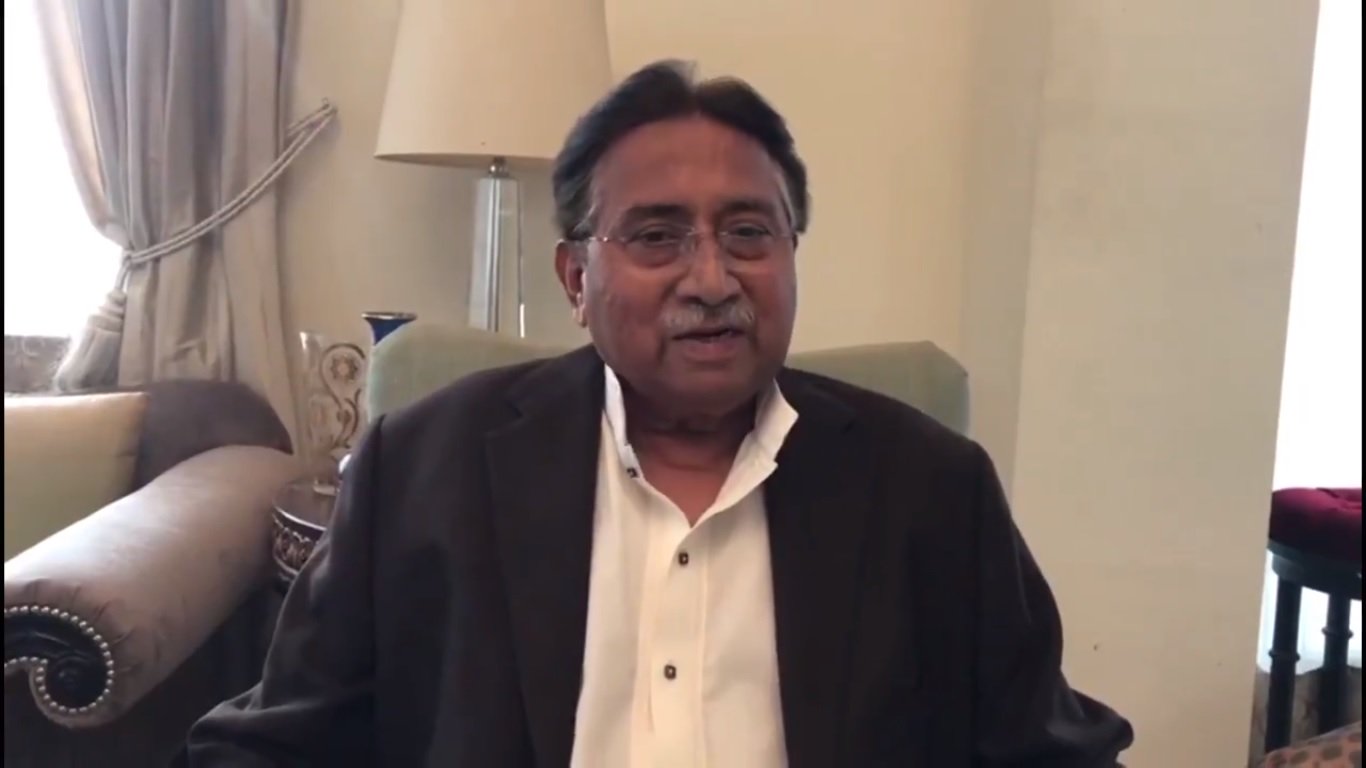
In an interview with Voice of America, Musharraf said that Pak-US relations have suffered quite a blow and are currently at "the lowest ebb." The former president said that there is an absolute requirement to sit with the US and resolve whatever tiff the countries are facing. "This connects to Afghanistan. There are allegations against Pakistan, and both the countries have their grievances."
Pak-US relations
Answering a question as to why there are strenuous relations between the two countries, Musharraf said, "US has supported India very openly from the Cold War era. And now again, the US is aligning itself with India against Pakistan, this affects us directly. We would like the United Nations to examine India's role in Afghanistan. A one-sided approach to the problem is negative."
The former army chief said that the people of Pakistan don’t understand why US 'ditches' us and then comes back to us. "The people also know this that US comes to us when they need us, and they ‘ditch’ us when they don’t – it should not be this way."
Musharraf believes that Pakistan's always been under influence - in a 'cap'. He added that Pakistan was in the West's cap in the Cold War, the most loyal allies of the US, but now that relations are tense, Pakistan has looked at China for support and friendship. "However that should not be at the cost of losing bilateral relations with the US," he added.
"China looks out for Pakistan," he further added.
Musharraf then reminisced of the "roller coaster ride" of relations - After the 1965 war with India, we were put under sanctions because we weren't supposed to use arms against the neighbouring country. The US also refrained from providing 40 F16 aircraft for which the country had already paid - instead, Pakistan was asked for more money to release them.
Indo-Pak relations
Speaking on the difficult Pakistan-India ties, the former president said there exists an inherent bias towards India's treatment as both possess nuclear arms, but no questions are raised on India. "Nobody asks India to control their assets. Pakistan became a nuclear state because India posed an undeniable existential threat," he added.
"The US should've stopped them, we've been loyal to them throughout," he lamented.
Speaking in hindsight, Musharraf said that when he was in power, India and Pakistan were on the path of reconciliation, but that is not the case anymore. "At the time, I spoke to both the prime ministers; Atal Bihari Vajpayee and Manmohan Singh, they were both from different political parties but we wanted to move forward from the disputes," he recalls.
Musharraf said that a four-point initiation of peace was strategised by the former president and was put in implementation by the leadership of both countries. The four points of contention included Siachen and Kashmir as well. "We were working on my strategy because both sides wanted to have peace. This is not the case anymore. They want to undo us."
Incumbent Prime Minister Narendar Modi wants to enforce supremacy in India and isn't an advocate of peace talks, he added.
There exists a bias between treatment of India and Pakistan.
"No one questions India’s possession of nuclear threats. US should’ve stopped them, we’ve been loyal allies."
Points of contention
Speaking on the matter of Dr Shakil Afridi, a local physician, who aided the US Central Intelligence Agency (CIA) to run a fake hepatitis campaign to confirm Osama bin Laden's presence in Abbotabad, Musharraf said that if he was in power, he would have struck a smart deal for Afridi's release.
"You can take decisions of national interest without disturbing national policy and security. If I was president, I would have negotiated a deal and handed him over," he added. "I don't think the problem is unsolvable, if there would've been a suitable negotiation, I would've taken it."
1724668524-0/Untitled-design-(5)1724668524-0-405x300.webp)







1732011525-0/Express-Tribune-(8)1732011525-0-270x192.webp)








COMMENTS
Comments are moderated and generally will be posted if they are on-topic and not abusive.
For more information, please see our Comments FAQ